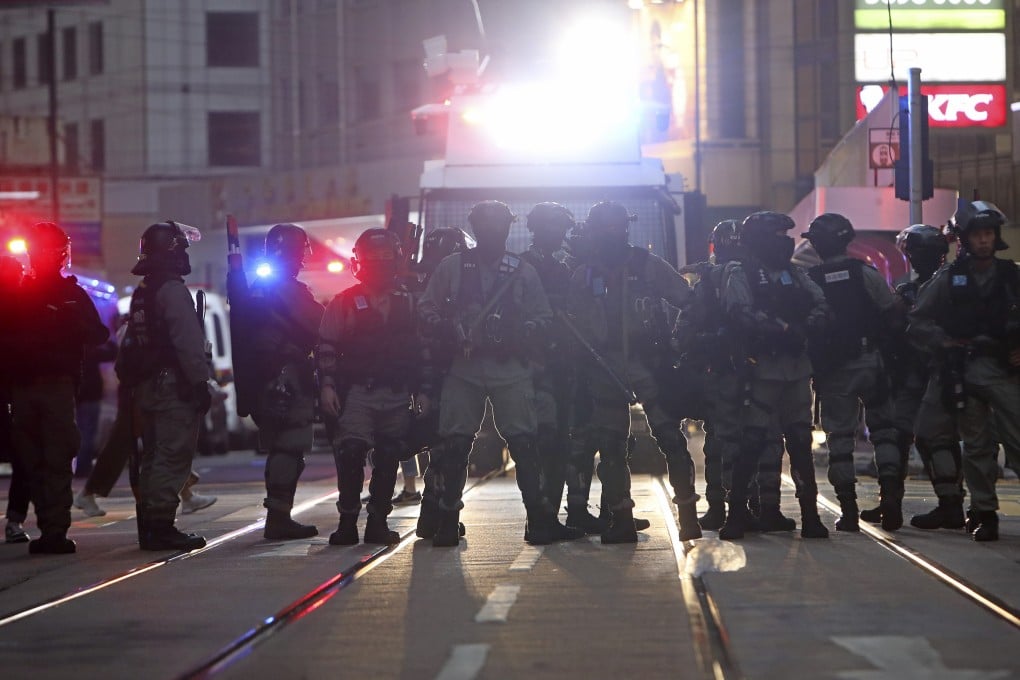Explainer | Why Hong Kong prosecuted ‘Dragon Slaying’ bomb plotters under UN anti-terrorism law
Defendants were charged under the United Nations (Anti-Terrorism Measures) Ordinance, which was invoked for the first time since it was enacted in 2002

But the earlier acquittal of six defendants in the case raised eyebrows, while police said they would consider whether to appeal against some of the sentences given to the eight people jailed over the thwarted plot. Aside from the mastermind, the seven others were given jail terms ranging from five years and 10 months to 13½ years.
The defendants were charged under the United Nations (Anti-Terrorism Measures) Ordinance, which was invoked for the first time since it was enacted in 2002, and other legislation, rather than the city’s national security laws.
The Post explains why the anti-terrorism law was used and looks at the differences between it and the national security legislation.
1. What was the plot and who was jailed?
Fourteen people were prosecuted over their roles in the plot, with 10 charged under the anti-terrorism law, and the rest under the Crimes Ordinance and other legislation.
Mastermind Ng Chi-hung, 28, who had the means to source firearms from the United States, as well as explosives, partnered with a radical protesters’ group, the “Dragon Slaying Brigade”, over the December 8 plot at the height of the 2019 anti-government demonstrations.